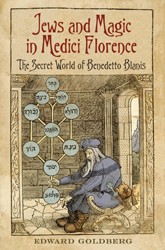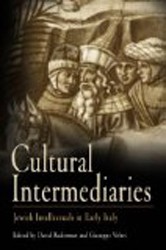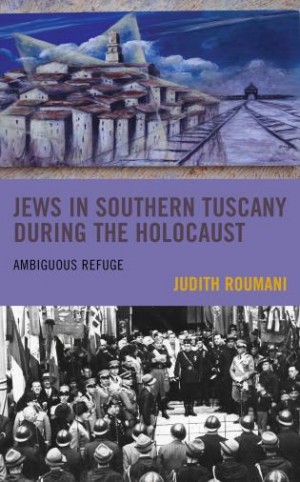Jews and books have been in a long relationship that has often been very intimate. The historical moments when that intimacy has been torn away and outsiders have peered in critically have been traumatic (the medieval Talmud debates come to mind). In early modern Italy, however, Jewish books played a central role in the cultural wars that were roiling Christian society. Many Christian intellectuals read Hebrew, and many Jews read works in Latin and Italian.
This rich collection of studies is primarily the fruit of a year-long research group at the University of Pennsylvania in 2006. The chapters delve deeply into fascinating and generally unknown aspects of this subject: the beginnings of state-sponsored censorship of Hebrew manuscripts in fifteenth century Florence, the business considerations that led Daniel Bomberg into Hebrew printing, Jews interrogated by the Inquisition because of the dangerous Latin works they were reading, and the internal state of Hebrew printing and book production during these turbulent times. The clear focus of the volume as a whole makes it an important contribution to the history of the Hebrew book and to early modern Jewish history.
Join a community of readers who are committed to Jewish stories
Sign up for JBC’s Nu Reads, a curated selection of Jewish books delivered straight to your door!





